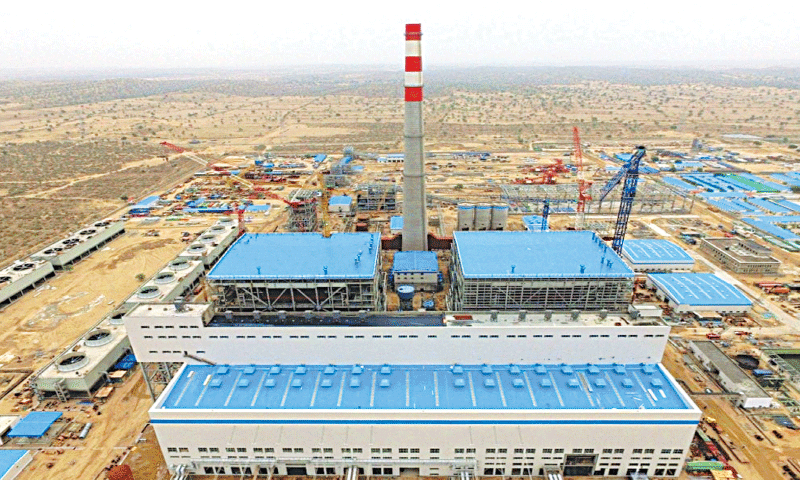KARACHI, April 14: The fire that gutted the Sindh Board of Revenue’s office last month and destroyed records of land worth billions of rupees was caused by arson, not accident, a police investigation team has concluded.
Sources in the government of Sindh and others privy to the Central Police Office told Dawn that the three-member police investigation team had formally sent its report to the IG Sindh office.
Former Sindh IG Azhar A. Farooqui had initiated the probe after the BoR’s offices were reduced to ashes.
“The team conducted a thorough inquiry and frequently visited the site in the days after the fire to ascertain the facts and gather eyewitness accounts,” said a source close to the investigation process, which concluded last week. “The team also sent samples of destroyed documents and other objects to a chemical laboratory in order to establish the nature and cause of the fire. The results of these tests further strengthened the suspicion that the fire was caused by arson.” According to the source, the team’s findings suggested that a ground-floor room was set ablaze first, after which the fire enveloped the whole structure within a few minutes and destroyed over a dozen rooms in the building, nearly all of which contained files and documents.
“As investigated by the police, the fire travelled from the ground to the first floor and severely damaged the roofs of rooms on both floors,” he told Dawn. “Another significant report came from an electricity inspector who ruled out a short circuit as the reason behind the fire, further supporting the conclusions drawn by the police.”
Grounds for suspicion
The findings are unlikely to surprise the relevant authorities and institutions. Right from March 20, when the fire at the Sindh Secretariat wrecked the offices of the provincial Board of Revenue, arson was suspected as the most likely cause. The suspicion was grounded in the fact that the fire coincided with the beginning of two days of provincial holidays granted on account of Eid Milad-un-Nabi (PBUH).
Further investigations implied that it was no coincidence that recent fires at government buildings in the city, such as the PNSC and the Radio Pakistan buildings, had occurred on holidays.
In the case of the Board of Revenue, said sources, the series of events during the past few years made it likely that investigators would suspect arson.
“In 2005, a private company was assigned the task of computerising the province’s land records and undertaking a survey of Karachi. But it was scrapped just a few months after being initiated, following a dispute within the then ruling coalition,” said the source. “This history strengthened the suspicions of the police investigators who said that they had reason to believe that the fire was caused by an act of arson.”
The conclusions drawn by the investigation team, however, do not imply that the provincial authorities will necessarily take action on the basis of the report.
“The police team was constituted by the IG Sindh on his own initiative,” the source told Dawn. “It was tasked with looking into the incident and ascertaining whether a criminal element was involved. But the government of Sindh, under the belief that the police investigation would be limited, set up a parallel investigation committee by initiating its own inquiry through an independent committee, established under the orders of the caretaker chief minister and comprising senior officials of the provincial government, including members from the Board of revenue.”












































Dear visitor, the comments section is undergoing an overhaul and will return soon.